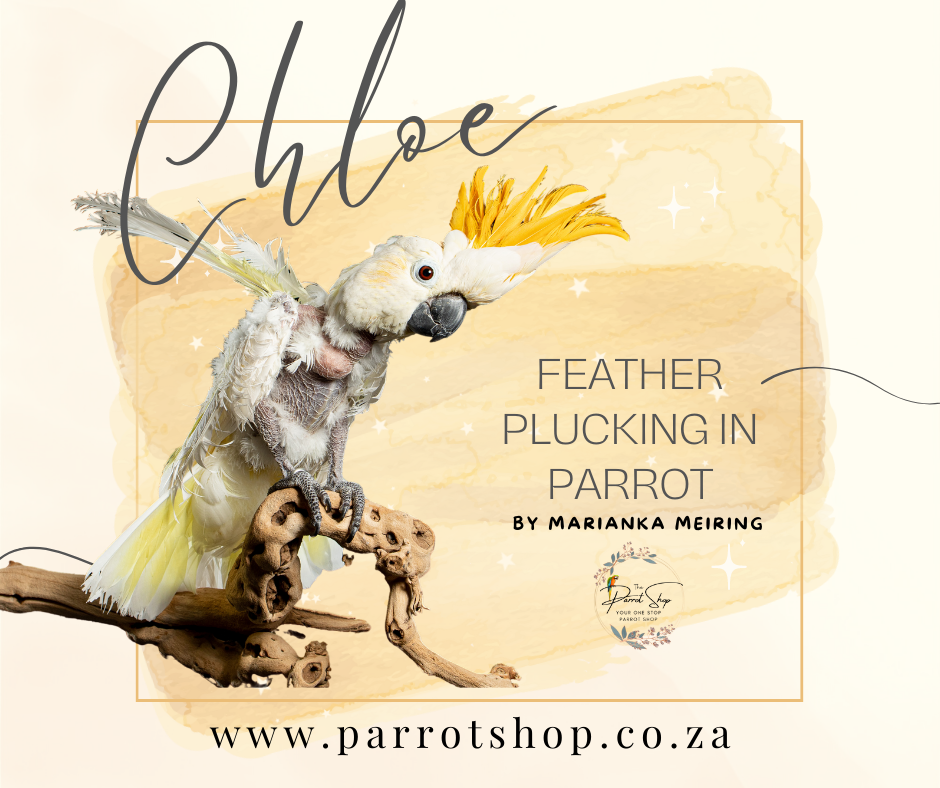Feather plucking is a common behavior in pet parrots, and it can be a frustrating and concerning problem for owners. There are a number of potential causes for feather plucking in parrots, and it is important to understand these underlying causes in order to effectively address the behavior.
One common cause of feather plucking is medical issues, such as skin infections or parasites. These conditions can cause discomfort and itching, leading parrots to pluck their feathers in an attempt to alleviate the problem. It is important to have your parrot examined by a veterinarian to rule out any underlying medical issues.
Another potential cause of feather plucking is dietary imbalances or deficiencies. Parrots require a balanced diet that includes a variety of nutrients in order to maintain good health. If their diet is lacking in certain nutrients, it can lead to feather problems and plucking.
Psychological factors, such as stress or boredom, can also contribute to feather plucking. Parrots are intelligent and social animals, and they require mental and physical stimulation to stay happy and healthy. If they do not have adequate opportunities for mental and physical activity, it can lead to frustration and stress, which can manifest as feather plucking.
Environmental factors, such as overcrowding or lack of social interaction, can also play a role in feather plucking. Parrots are social animals and they need adequate space and social interaction to thrive. If they are kept in an overcrowded or socially isolated environment, it can lead to stress and feather plucking.
In summary, feather plucking in pet parrots can be caused by a variety of factors, including medical issues, dietary imbalances, psychological factors, and environmental issues. It is important to consider all of these potential causes in order to effectively address and prevent feather plucking in your parrot. By providing a healthy diet, a stimulating environment, and appropriate social interaction, you can help keep your feathered friend happy and healthy, and prevent feather plucking behavior.

